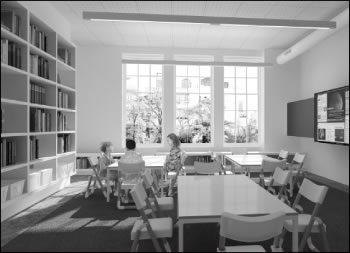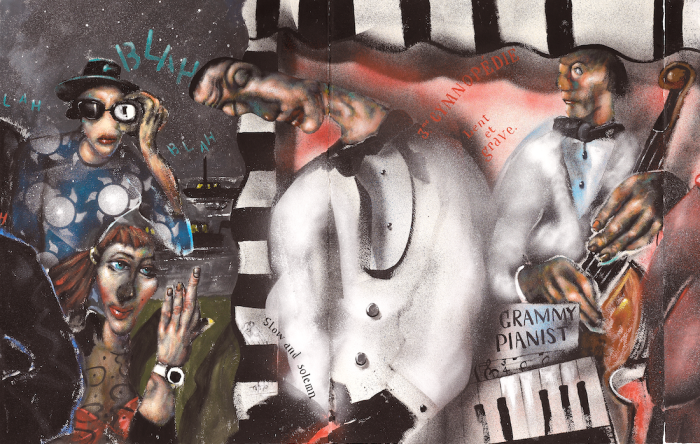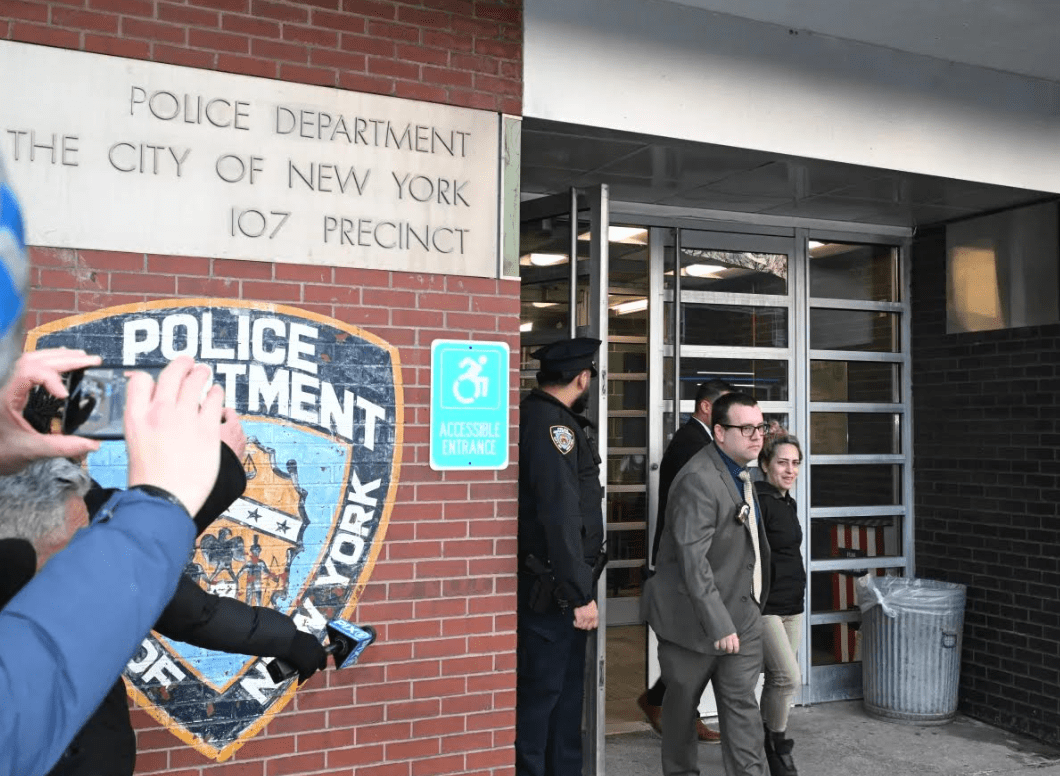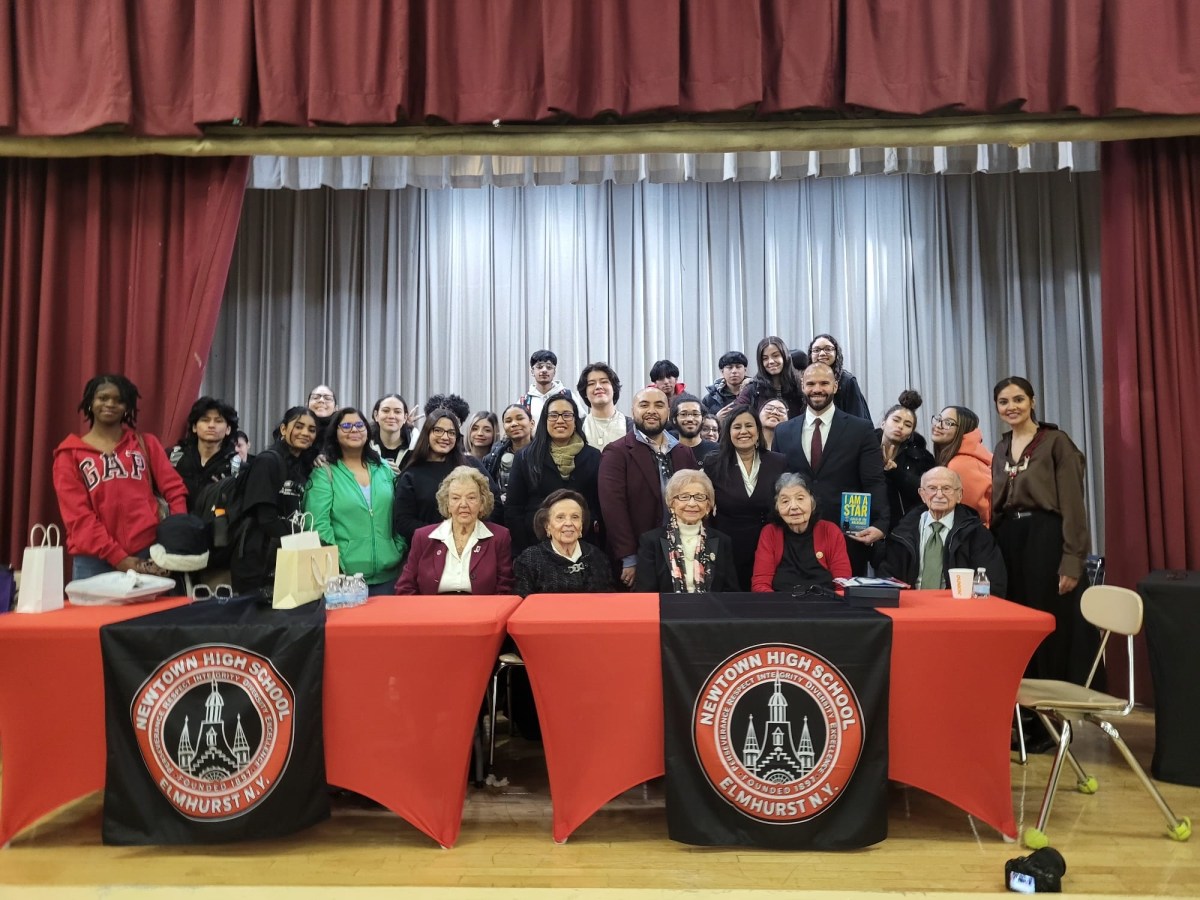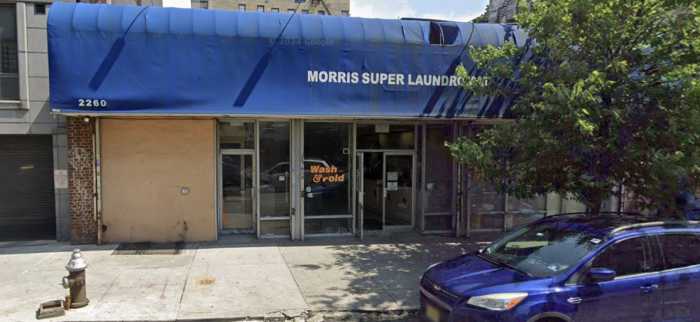BY SCOTT STIFFLER
Any student navigating the first day of school knows that appearances count — and first impressions can last forever. So when organizers of a filled-to-capacity February 1 luncheon/launch event observed that the room’s circular tables and white linen aesthetic reminded them of a wedding reception, they weren’t far off the mark. A good reception, followed by a lasting union, is precisely what they were aiming for.
Invited community members, parents and education advocates (including Joel Klein, former NYC schools chancellor; Teach for America founder Wendy Kopp; and City University of New York chancellor Matthew Goldstein) politely listened and occasionally nodded affirmation as leaders of Avenues: The World School put forth their plan for fall 2012. That’s the preordained time by which 259 Tenth Avenue (a former warehouse, which dates back to 1928 and bears the mark of renowned architect Cass Gilbert) will make its debut as the Avenues’ flagship campus.
Presented as “A new school with global ambitions whose Chelsea location will be a template for things to come,” Avenues will school its students in the shadow of the High Line and mere steps from Chelsea Piers. Organizers frequently referenced a mutually beneficial relationship between the school and these two neighborhood institutions — also foreseeing synergy between artistically inclined students and local galleries. As for the school itself, a series of renderings portrayed a space whose 10 floors and 215,000 square feet have been refitted to flood every classroom with natural light. Those classrooms will be populated by teachers whose annual pay/benefits package totals $110,000. In the coming weeks, information sessions will be held for NYC parents who wish to apply for early enrollment. Students who begin their Avenues education during the 2012-2013 school year will represent 12 grades — from nursery school to 9th. Grades 10, 11 and 12 will be added over the following three years. Avenues’ first graduating class will be in spring 2016.
“As the first truly global network of pre-K-12 schools, Avenues is uniquely equipped to prepare students to excel in the highly competitive and networked 21st-century world.”
That promise was made by Avenues chairman Benno Schmidt. A former president of Yale University, who currently chairs the board of trustees of the City University of New York, Schmidt is only one of the major names in education who’ve signed on to the ambitious Avenues vision of a 15-grade educational cycle, which produces bilingual citizens of the world.
Others who’ve staked their reputations, careers and legacy on the Avenues plan include co-head Tyler T. Tingley (who led Phillips Exeter Academy for 12 years); Robert “Skip” Mattoon, Jr. (co-head of the school and former headmaster of the Hotchkiss School); and head of the early learning center Nancy Schulman (director of the 92nd St. Y’s Nursery School since 1990).
At the luncheon, C.E.O. Chris Whittle (who founded Edison School — now Edison Learning — in 1992 with Schmidt) equated the 2012 launch of Avenues to Victor Hugo’s declaration that “There is nothing more powerful than an idea whose time has come.”
Reached by phone later in the day, Whittle spoke about the kind of student, and person, Avenues intends to nurture. “We believe that increasingly, life is going to get more and more international. Schooling is getting more international, and so your capabilities to navigate in other cultures are going to be helpful — whether you’re in the art world or banking.”
Whittle also emphasized the importance of fluency in at least two, preferably three, languages. Avenues will require all of its students to make an early decision to study either Spanish or Mandarin. With an eye on things to come, Whittle pointed out, “America is destined to become the largest Spanish-speaking country in the world in relatively short order.” As for the reason behind their other second language of choice, Whittle stated, “The most spoken language in the world is Mandarin.” Currently, those who speak it are studying English at a rate 30 times that of those who are learning Mandarin. This discrepancy, Whittle noted at the luncheon, has immense cultural and economic implications.
Also referenced when Whittle invoked Victor Hugo was the implication that by preparing students to compete in an increasingly global market, the Avenues graduate will be primed to collaborate with those on the five continents they will have set foot on before they enter college. Beginning in Middle School, Whittle assured, “Each student will be encouraged to participate in overseas learning experiences, with particular emphasis on China, India, Latin America, Africa and Europe.” Those experiences will take place in the 20 or more planned independent schools which Avenues says will open over the next decade — in cities such as Shanghai, London, Mumbai, Johannesburg, Abu Dhabi and Sydney. All Avenue students, Whittle stressed, will benefit from highly individualized instruction and a consistent educational philosophy regardless of which campus they’re at. “We need new models of schools,” said Whittle, “that break away from the centuries-old paradigm.”
But before Avenues realizes its grand global ambitions, it must first successfully get the Chelsea campus up and running — and, in the process, become the good neighbor it promises to be. At least one group sure to be impacted, Friends of the High Line, is optimistic. Joshua David, the organization’s co-founder, told Chelsea Now that “Avenues has been a good neighbor to the High Line, and the school’s leadership is eager to become active and engaged members of this community.” As for basing their first, and flagship, campus in the shadow of the High Line, David said, “As we understand it, the proposed design is respectful of the building’s original design by Cass Gilbert and relates well to the West Chelsea Historic District.”
One week after the luncheon, Chelsea Now spoke with attendee Kathy Shea — executive director of the Parents League of New York (parentsleague.org). Shea spoke glowingly of the school’s plans, but did so with caution in both her choice of words and tone. “I thought it was a fabulous concept,” recalled Shea — who was particularly welcoming to Avenues’ standard of fluency in at least two languages.
She hesitated, though, when asked for her thoughts on the impact that time spent abroad might have on education and the family dynamic. “I think ideally, it sounds wonderful,” said Shea — who declined to elaborate further. One consequence she eagerly speculated on was the immediate impact, in 2012, that Avenues will have on the neighborhood: “It’s in an area of the city that needs more schools. There’s a growing population in that part of town. It should be a welcome addition to the community.”
Avenues has not yet set its tuition for the 2012-13 school year, but it will be consistent with other K-12 independent schools in New York, which they say average around $35,000. At least $4 million has been budgeted for financial assistance, and about 10 percent of the student body will receive some form of that assistance.



